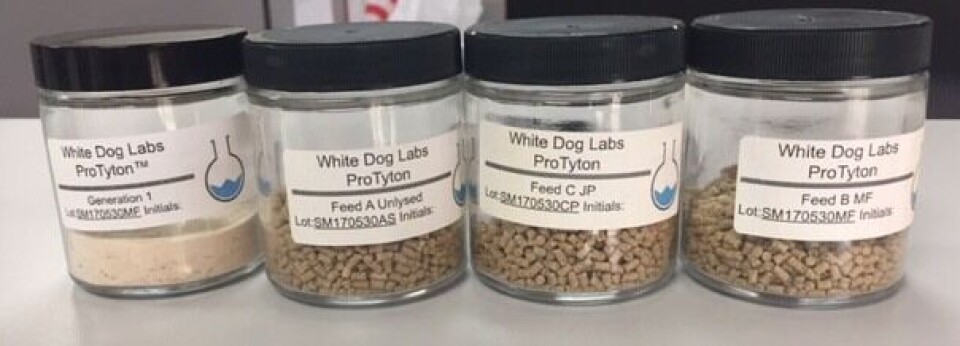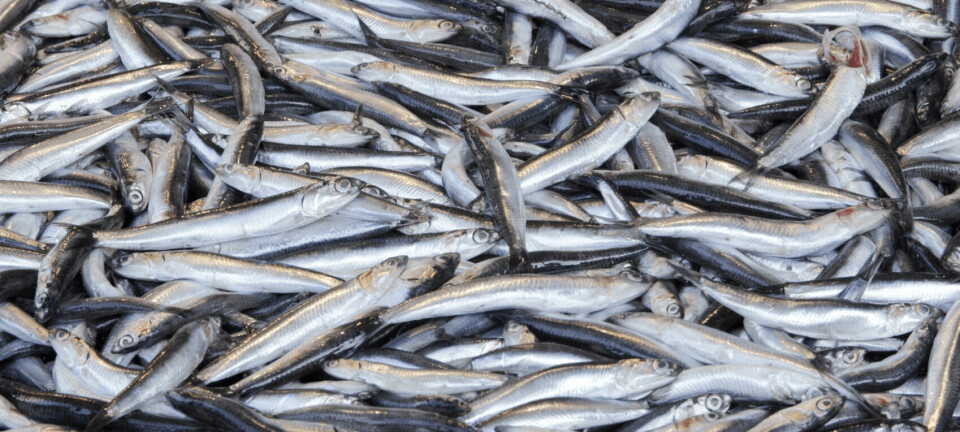
US firm to produce aquafeed additive at ethanol plant
A United States biotech company that has developed a single-cell protein ingredient for aquaculture feed is scaling up production after signing a collaboration agreement with an energy firm that runs an ethanol plant.
White Dogs Labs (WDL), of Delaware, will locate its first ProTyton production facility with the Nebraska plant run by Midwest Renewable Energy (MRE).
The ProTyton plant will initially produce 3,000 tonnes per year of ProTyton with shipments expected in the final quarter of 2019. The plant is expected to expand to 30,000 tonnes/year as early as 2021.
According to WDL, ProTyton exhibits upwards of 85wt% crude protein and over 40wt% essential amino acids. The company says the product is highly digestible, performs well in multiple aquaculture diets, and demonstrated health benefits beyond nutrition.
‘Reduces cost’
In a press release, WDL said independent testing demonstrated that ProTyton can counter Early Mortality Syndrome in shrimp, and its inclusion in Atlantic salmon feed reduces the overall cost of diets while maintaining performance.
ProTyton fermentation is a simple anaerobic process that is highly similar to ethanol fermentation, which allows straightforward implementation by ethanol plants of ProTyton production.
“This agreement helps us maximise the utilisation of our ethanol processing assets and offers us a diversification option,” said Tom Wilson, general manager of MRE. “We are excited to work with WDL as we are impressed with the simplicity of the process, the high value of the product in the ever-growing aquaculture industry, and the fact that the process will add more feed co-products to our current offering.”
“We are designing the plant in collaboration with the engineering firms AdvanceBio and FQPT, and working closely with equipment suppliers,” said WDL’s chief executive, Bryan Tracy. “Our goal is to facilitate easy duplication of ProTyton production at other ethanol plants that might be interested in diversification.”




















































